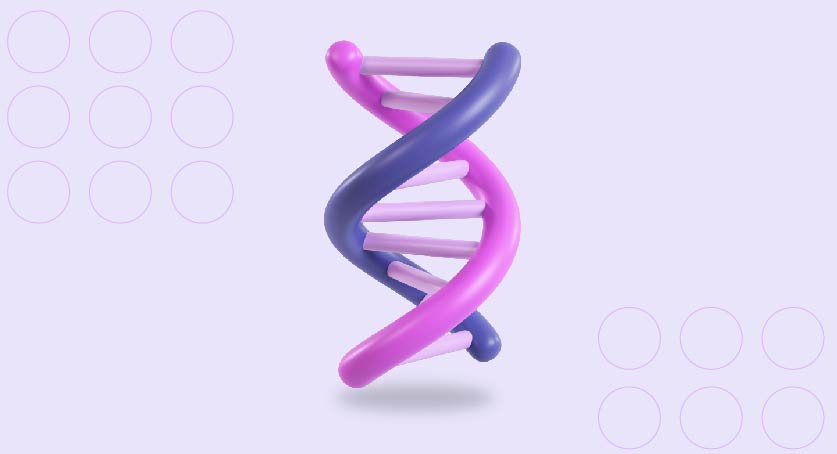
Orchestrating IVF treatment pathways, being a previous intended parent myself, as well as actively parenting my two daughters for the last 16 years, means that I frequently revisit the concept of what it means to be a parent. With each patient I meet, this concept shifts as I evaluate their unique set of circumstances, alongside my own, and all against the societal setting in which we find ourselves.
I’ve learned that the drive to nurture is persistent and disregards age, culture and status. By the time we have our first patient consultation at Be Parent, parenthood has usually already been pursued to the extreme. Most intended parents arrive to us with an extensive IVF history behind them, finally exhausted by the emotional, physical, economic, and marital strain that has accumulated over years of failed attempts.
The driving force behind, what seems like futile determination, is usually the need for at least one parent to be genetically linked to their child. I have seen donation options refused over and over, as patients remain committed to a genetic tie, while sacrificing their own personal happiness, health and financial security in the process. You could say that this quest is even at the expense of what they are actually chasing – parenthood – as stability, good health and financial reserve are all beneficial tools for family life.
Behind the scenes, I always struggle to watch patients face invasive and expensive medical processes with very low predicted chances of success, whether this be due to age, underlying pathology or medical opinion. Fulfillment and parenthood are close enough to touch with the help of gamete donation, but the need for a genetic tie can be so compelling that it can override basic logic, making this ‘tie that binds’ surpass connection and become constrictive.
Surrogacy offers intended parents a biological relationship that adoption isn’t able to provide, and I frequently hear just how desirable this is. A genetic link brings a sense of security to intended parents, to be sure, but as someone who doesn’t place huge importance on nature over nurture, I am always gaining new insights as to why.
As borders dissolve and individuality becomes more celebrated, the ‘tribal’ aspect to genetic linkage, seems to have has lost a bit of momentum in recent years. This concept was explained to me as the invisible and unifying tie those with the same genes commonly experience, regardless how dissimilar they may, in fact, appear or behave. But does this have more to do with us as individuals? Seeing flickers of ourselves reflected in our children maybe leaves us feeling we’ve skirted mortality if the legacy is obvious for the eye to see?
Having awareness of hereditary concerns is understandably reassuring though and is normally the most solid rationale for chasing genetic ties against-the-odds. Recognizing potential disease, allergies, or learning challenges, in the hopes of nipping issues early-on; not to mention the soothing prospect that the “unknown” might be kept somewhat at bay if intended parents stick to their own gene pool.
In defence of the genetic link, patients tell me “but we know what to expect”. Expecting and waiting, come into play quite heavily in pregnancy, and even more so during a surrogacy journey. Added to this, the enormous loss of control intended parents feel, and over the course of a year or more, makes it reasonable to want to find security in any controllable aspects still within reach. But in regards to our children; who they are as individuals and who they grow into, rarely do our pre-conceived notions match reality. As for our own gene pools, as we can easily inherit traits obscured in our genetic web, a donor’s genes may end up proving to be a blessing. Having the unique opportunity to select a donor according to personal held ideals and preferences, could be even considered a benefit.
Reviewing the close ties in our own lives, the bonds we’ve made aren’t limited to only family members. In terms of our best friends, soulmates and loved pets we can’t truthfully say genes are what brought us together. Does a genetic tie emotionally bond a parent and child and can this connection possibly be intact if your child has come to light through the use of a gamete donor? My close friend who is genetically-unrelated to her second-born (but no less bonded to her son) affirms there’s zero difference.
So how then is this bond formed? Perhaps through the act of parenthood itself; in the giving and receiving of love, support and unconditional acceptance. The link of love is the strongest of all links, develops over a lifetime and lies in the teaching of values and skills, not inherited through genetics, but through the time a parent is willing to devote.
In the same way mother nature shares the stage with science in the field of reproductive medicine, nurture as I see it, deserves the spotlight. Any experienced parent will agree that it’s a mistake to underestimate the ties of shared experience, as these are what define parenthood, stronger than any genetic link.